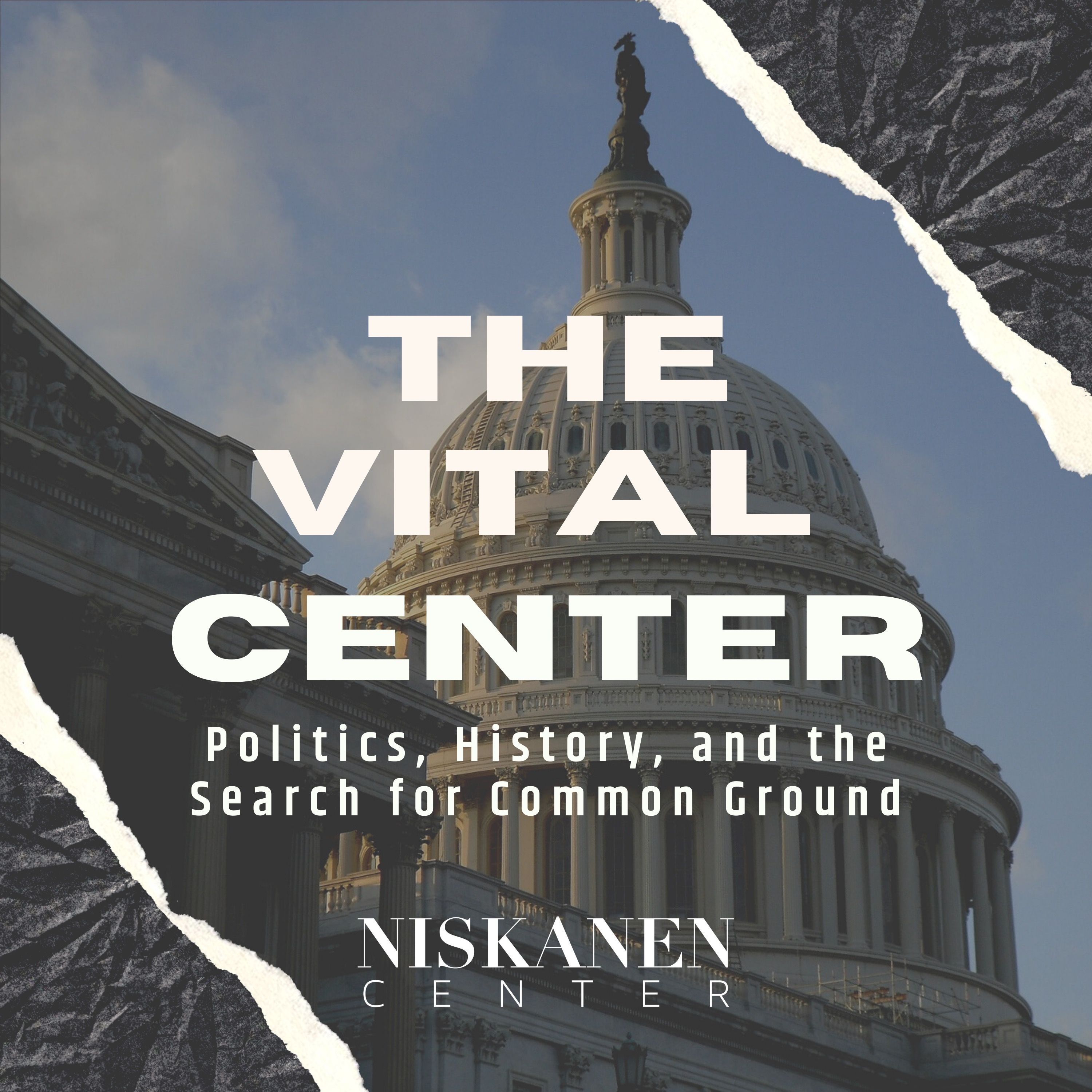- After-Shows
- Alternative
- Animals
- Animation
- Arts
- Astronomy
- Automotive
- Aviation
- Baseball
- Basketball
- Beauty
- Books
- Buddhism
- Business
- Careers
- Chemistry
- Christianity
- Climate
- Comedy
- Commentary
- Courses
- Crafts
- Cricket
- Cryptocurrency
- Culture
- Daily
- Design
- Documentary
- Drama
- Earth
- Education
- Entertainment
- Entrepreneurship
- Family
- Fantasy
- Fashion
- Fiction
- Film
- Fitness
- Food
- Football
- Games
- Garden
- Golf
- Government
- Health
- Hinduism
- History
- Hobbies
- Hockey
- Home
- How-To
- Improv
- Interviews
- Investing
- Islam
- Journals
- Judaism
- Kids
- Language
- Learning
- Leisure
- Life
- Management
- Manga
- Marketing
- Mathematics
- Medicine
- Mental
- Music
- Natural
- Nature
- News
- Non-Profit
- Nutrition
- Parenting
- Performing
- Personal
- Pets
- Philosophy
- Physics
- Places
- Politics
- Relationships
- Religion
- Reviews
- Role-Playing
- Rugby
- Running
- Science
- Self-Improvement
- Sexuality
- Soccer
- Social
- Society
- Spirituality
- Sports
- Stand-Up
- Stories
- Swimming
- TV
- Tabletop
- Technology
- Tennis
- Travel
- True Crime
- Episode-Games
- Visual
- Volleyball
- Weather
- Wilderness
- Wrestling
- Other
Why Congress needs to be revitalized, with Philip Wallach
For decades, the public’s approval ratings for Congress have been abysmal. Even members of Congress struggle to justify and defend the value of their institution — or even seek applause by attacking and denigrating it. And yet the Framers intended the legislature to be the pillar of the American constitutional system, allocating it more power and responsibility than any other branch of government. How did Congress get so dysfunctional — and unpopular? Why did it devolve so many of its powers to the executive and judicial branches? And what are the costs to America when the country lacks a properly functioning Congress? Philip Wallach ponders these questions in his valuable new book, Why Congress. He is a Senior Fellow at the American Enterprise Institute in Washington, D.C. and served as a fellow with the House Select Committee on the Modernization of Congress in 2019. His inside view of congressional attempts at self-reform, combined with his deep scholarship and analysis of the history and workings of Congress, gives urgency to his case for understanding the critical importance of the institution and its need for reform. However much Americans disagree with other, he writes, “we must find ways to accommodate each other in addressing the biggest problems of the day, and Congress is the place we must do it...Our legislature’s diminishment impairs our ability to make good policy. Even more importantly, it threatens the vitality of our politics, contributing to the pervasive sense that our nation is coming apart at the seams.” In this podcast interview, Wallach discusses the importance of what he calls the “manyness” of our republic in James Madison’s vision of representation and factionalism in American politics and how it conflicts with what he calls the Wilsonian impulse to make Congress a more orderly and less independent institution in which the big questions are decided within ideologically uniform and disciplined political parties. He describes the problems that arise when both left and right prefer a parliamentary system, with a much more powerful chief executive, to our constitutional order as it actually exists. He goes through the history of Congress’ involvement with the civil rights struggle in the 1960s and why he thinks the filibuster was useful in that historic drama. And he analyzes the rise of today’s leadership-driven Congress, in which rank-and-file legislators have little meaningful involvement with shaping legislative agendas, and what the prospects might be for significant reform.

